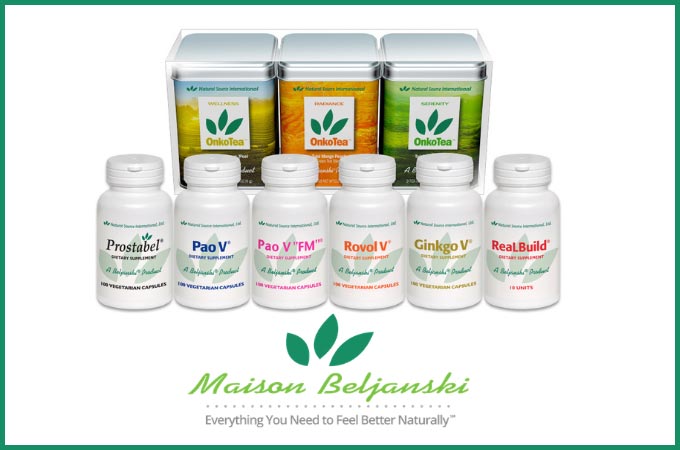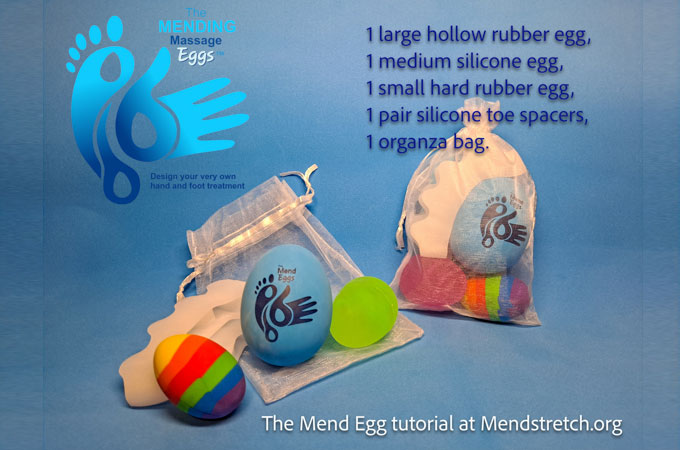49 Health 'Facts' You've Been Told All Your Life That Are Totally Wrong
Nope, nope, nope, and nope.
Who hasn't shared these and other amazing-sounding notions about health and the human body, only to feel embarrassed later on — when you find out the information was inaccurate or flat-out wrong?
It's time to put an end to these alluring myths, misconceptions, and inaccuracies passed down through the ages.
To help the cause we've rounded up and corrected dozens of the most popular health "facts" that we've heard.
MYTH: MILK DOES A BODY GOOD!

This is an incredibly successful bit of advertising that has wormed its way into our brains and policies to make milk seem magical.
The US Department of Agriculture tells us that adults should drink three cups of milk a day, mostly for calcium and vitamin D.
However, multiple studies show that there isn't an association between drinking more milk (or taking calcium and vitamin D supplements) and having fewer bone fractures.
Some studies have even shown an association with higher overall mortality, and while that doesn't mean that milk consumption itself was responsible, it's certainly not an endorsement.
MYTH: ORGANIC FOOD IS PESTICIDE-FREE AND MORE NUTRITIOUS.
Organic food isn't free of pesticides and it isn't necessarily better for you.
Farmers who grow organic produce are permitted to use chemicals that are naturally derived — and in some cases are actually worse for the environment than their synthetic counterparts. However, pesticide levels on both organic and non-organic foods are so low that they aren't of concern for consumption, according to the USDA.
Eating organic food also doesn't come with any nutritional benefits over non-organic food, according to a review of 98,727 potentially relevant studies.
MYTH: EATING FOOD WITHIN 5 SECONDS OF DROPPING IT ON THE FLOOR IS SAFE.

It's the worst when something you really wanted to eat falls on the floor. But if you grab it in five seconds, it's ok, right?
The five-second-rule isn't a real thing. Bacteria can contaminate a food within milliseconds.
Mythbusting tests show that moist foods attract more bacteria than dry foods, but there's no "safe duration." Instead, safety depends on how clean the surface you dropped the food on is.
Whether you eat it or not after that is up to you, but if the people that walk on that floor are also walking around New York City, for example, we wouldn't recommend it.

























